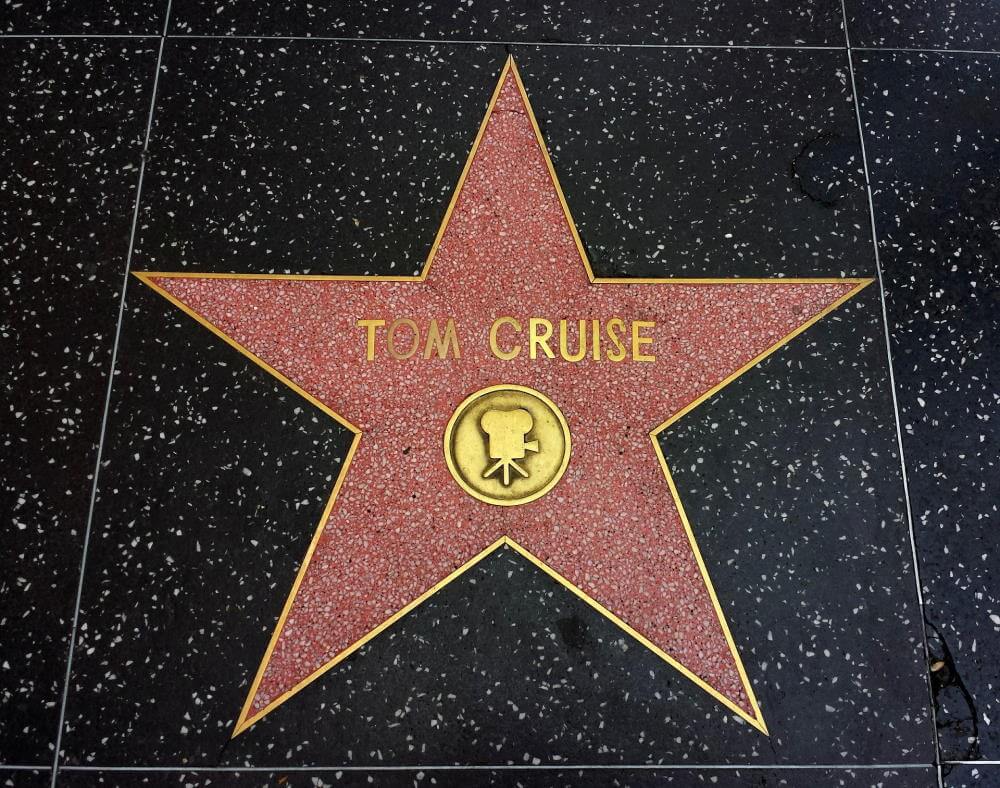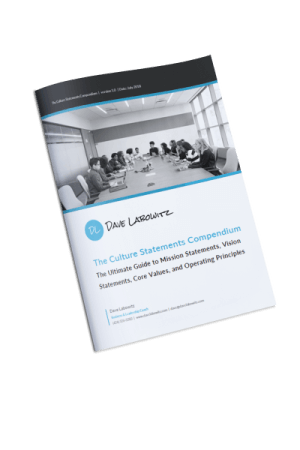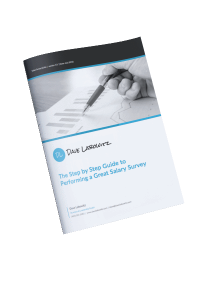If you keep up with Hollywood gossip news, you’ve probably seen some headlines about Tom Cruise’s most recent unhinged rant. He got upset about some COVID safety violations on the set of “Mission: Impossible 7” and melted down on the cast and crew. Unsurprisingly, now the story has broken that there’s a mass exodus amongst the movie’s staff. Even in the middle of a pandemic people who desperately need jobs are quitting, just to get away from Tom Cruise!
This article is an analysis of Tom Cruise’s rant from an EQ perspective. It isn’t really about Tom, though; it’s about what not to do as a leader when you’re upset with your team. At some point during your leadership career, it’s inevitable you’ll find yourself as frustrated with your team as Tom was with his. At that point, you can either meltdown or you can control yourself and be productive. Consider this case study when you have the inclination to act like a prick yell at your team.
Daniel Goleman, author of the book “Emotional Intelligence,” teaches that EQ can be examined in five dimensions: self-awareness, self-regulation, motivation, empathy, and relationship management. Let’s take a look at Tom Cruise’s rant along each dimension and see how he could’ve been something other than a complete asshole done things better.
Tom Cruise’s rant: self-awareness (grade D-)
Self-awareness occurs when someone is aware of their emotions and desires and uses these internal drives to make healthy decisions and enjoy a reasonable amount of self-confidence.
While you’d think that as one of the most famous and powerful people on the planet, Tom Cruise would have quite a bit of self-confidence, this rant shows the complete opposite. Screaming and threatening people is an indicator of lack of self-confidence which probably comes from being a short actor in Hollywood. In truth, speaking calmly and keeping your head shows confidence.
To make matters worse, Tom Cruise’s rant doesn’t really show anything but anger, but in reality, it’s very likely that his anger was really a defense mechanism against fear. I can’t blame him for being scared, COVID is scary. Having your project shut down is scary. But everyone is scared. He forewent an opportunity to bond with people with similar fear in favor of balming his fear with anger.
What he could’ve done better: look inward and understand he’s frustrated because he’s scared: scared of COVID, scared of being shut down, scared of the reputational damage that he might incur. Choose to connect with the team from a place of vulnerability instead of screaming at them; they’re undoubtedly scared, too, and probably more so. Not everyone has Tom’s FU Money to fall back on.
Self-regulation (grade F)
Self-regulation means managing your own emotions to succeed in what you’re working on and adjust from emotional distress. On this count, Tom fails completely. Screaming at fully grown adults is never appropriate. For that matter, screaming at anyone, even your own kids, is harmful! This is clear abuse, and in a work context may even create an HR liability.
The result is predictable: everyone thinks Tom’s a suppressive person team members are quitting in bunches.
What he could’ve done better: take a few deep breaths before speaking. Detach his message from his emotions. Make the content of the message about the safety protocols, not his own anger. Be direct, yet sensitive.
Tom Cruise’s rant: motivation (grade B)
In the context of EQ, motivation means figuring out a way to move forward toward your goals despite challenges and discomfort. If there’s any small positive to be pulled from Tom’s meltdown, it’s that the content of his message is good: he’s looking out for the team’s safety both for the protection of their jobs and their health. No one can argue that isn’t a good thing. Additionally, he’s clearly passionate about the project and didn’t quit when things got challenging.
On the flip side, the motivation he showed, lent strength by anger, didn’t have much of anything to do with an exercise in EQ. And demanding compliance is generally a terrible way to actually achieve compliance. If you want to create lasting compliance, you have to enroll people in your mission and vision so that they believe as much as you do. Bullying may work for a brief moment in time but it will fail the moment you’re not around to make threats.
What he could’ve done better: discussed his vision for a safe workplace with the team. Helped everyone unite around that desire. This would improve the likelihood of success far more than yelling at people. Being yelled at doesn’t motivate anyone but a plow horse (and not even all of those). Plus, bullies deserve a punch in the mouth.
Empathy (grade F-)
Empathy is about being sensitive to the feelings of others and building rapport. Yikes. Freaking out on people is the polar opposite of empathy. It’s clear Tom wasn’t thinking about anyone but himself: he never used the word “we”. It was just “I”. I talk to the studios. I won’t tolerate this. I, I, I. I’m not shocked that an A-list movie star is self-centered, but damn, man. Cursing at people doesn’t help, either. I have no issue with cursing with other people, but cursing at people is another matter, entirely. It has no place at work and not many outside of work unless you’re ready for fisticuffs.
What he could’ve done better: actually given a shit about his team focused on the needs of his team rather than just his own. Explained how those who were breaking the rules were endangering each other person on the set as well as the project itself. Encouraged the group to self-regulate/self-police rather than live under Cruisian fascism. Addressed the team with an occasional “we” statement that didn’t place him above or in front of them.
Tom Cruise’s rant: relationship management (grade F)
Again, in the context of EQ, relationship management revolves around being a persuasive leader who creates cooperation and teamwork. The only teamwork Tom motivated with his temper tantrum was to get people to band together to quit. Golf clap, Tom!
To state the obvious, threatening to fire a bunch of people publicly probably doesn’t engender a lot of loyalty, either. In fact, it’s rather Trumpian… and I doubt Tom is a big Trump fan. So maybe he should stop acting like him.
What he could’ve done better: pulled the offenders aside privately for a conversation. It’s okay to tell people that the consequence of a continued behavior is firing; some things are legitimately that important. As this was a life safety issue, it’s clearly that important. But it’s non-constructive to threaten people publicly. Creating fear should never be the goal; a simple explanation of expectations and consequences should be enough. If they continue to break rules then their termination itself will be an adequate deterrent for others.
Conclusion
Tom clearly let his anger and self-entitlement get the best of him in this situation. Despite a bunch of people quitting his movie, he’ll probably get away with it with no material consequences because he is who he is.
If you ever act this way, though, it’s very likely the consequences will be severe. Maybe you’ll be fired, ruin your reputation, or torpedo your team relationships. That’s not exactly worth it for a three-minute temper tantrum, is it?
The next time you get upset with your team remember this episode and Be Like Mike Don’t be Like Tom.






